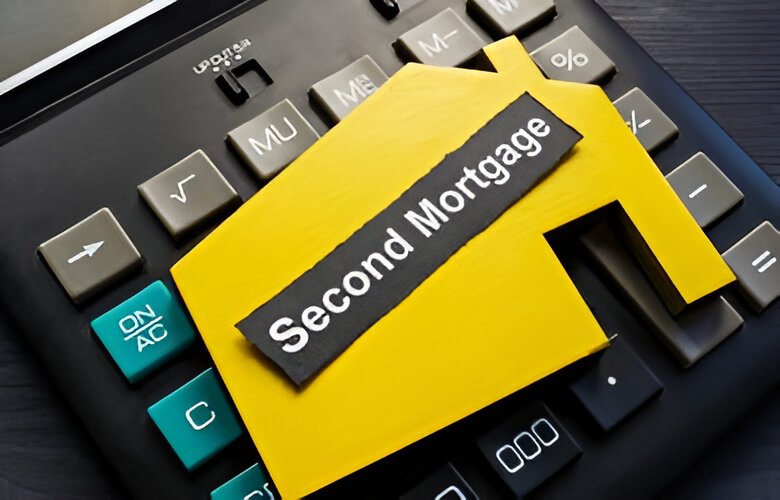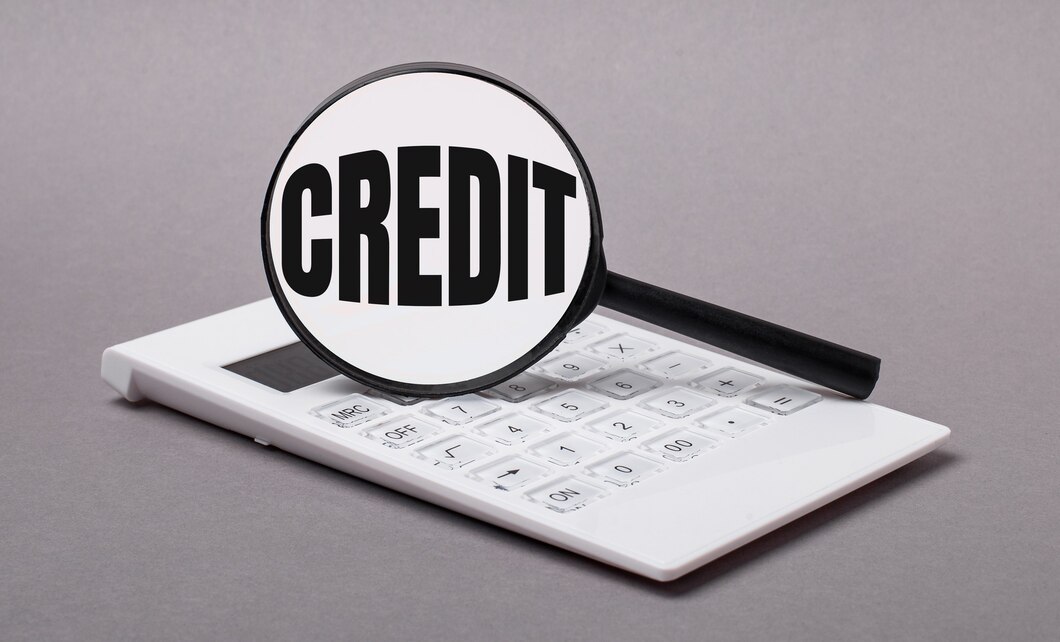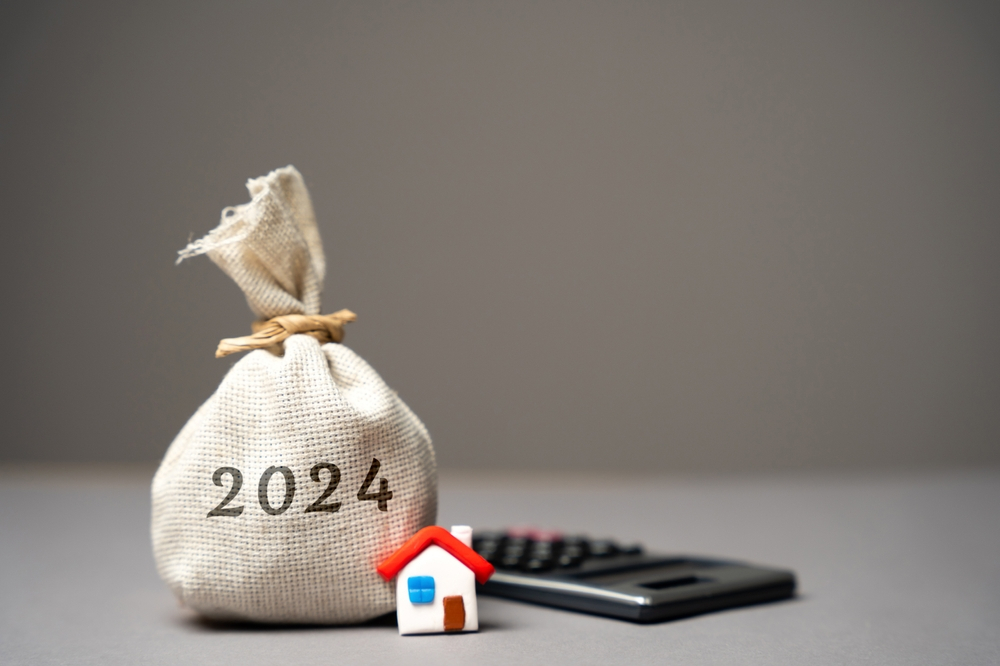First Time Home Buyer Mortgage
Being a first-time home buyer in Canada can be an overwhelming and exhausting experience due to the country’s booming real estate market. But don’t let the difficulties of homeownership deter you.
Despite sky-high home values and a dearth of available properties across the nation, several Canadian adults intend to buy homes early into their adulthood, with most looking to purchase their dream home within the next two to five years.
You should be ready for both the highs and lows you can experience before you try your hand at the market.
Things to Consider Before Buying Your First Home
The Costs of Home Ownership in Canada
Owning a home has several advantages, including the possibility of using it to generate rental income on your own and freedom from a landlord who controls all of the decisions (including whether to continue renting out the property). Considering that they normally increase in value over time, houses are also a relatively safe investment in Canada.
Red More: Investment Property Mortgage

Even if it’s a popular objective, not everyone should buy a home. It depends on your particular circumstances. Renting might be a better financial choice since it offers more flexibility. For example, if your work is uncertain and/or you anticipate moving soon renting is probably the best option.
Those who don’t want to cope with the obligations of home ownership, such as performing repairs and paying property taxes, may find that renting is a good option. You shouldn’t feel pressured to purchase real estate if you believe your finances aren’t steady enough or you lack the knowledge to manage your money.
Costs to Keep in Mind
The Down Payment
The down payment is the one-time payment you must make toward the overall price of your new home. Your down payment must be liquid money that you have saved up or otherwise have access to, like a gift from a relative or a withdrawal from an RRSP.
The amount of the down payment is determined by the home’s purchase price in accordance with Canadian government regulations.
Because they aren’t using equity from a prior property, first-time home purchasers typically have a lesser down payment than individuals who have previously bought real estate.
If the value of the property you own rises over time, you can utilize the equity to put down a bigger down on your subsequent home. Mortgage loan insurance, also known as mortgage default insurance, is an extra expense that buyers with less than a 20 percent down payment must factor into their budget.
The Deposit
When a purchase contract for a property is signed, a deposit is paid. Although the deposit counts toward your down payment, it is frequently non-refundable, so you will probably lose that money if you decide to back out of the sale before it closes.
There is no set deposit amount in Canada. 5 percent of the buying price, or $50,000 on a $1 million home, is a common recommendation. However, some sellers have been forced to take less than 5 percent due to the quick rise in house prices. (The seller may demand more if there are competing offers on the same property.)
There is usually an opportunity for negotiation, but in competitive home markets, a 5 percent down payment could help you seal the deal by demonstrating to the seller that you are serious. Keep in mind that the money should be simple to get to as most real estate contracts call for payment within 24 hours of signing.
Closing Costs
Depending on the cost and location of the property, these expenses, which also include legal fees, transfer taxes, and other administrative expenditures, can range from 1.5 to 4 percent of the purchase price. If you have $50,000 saved for a down payment, you will either need to have more funds in savings or subtract that amount from your down payment to pay for closing costs.
Along with these expenses, you should budget money for any furnishings and appliances you’ll need right away, home inspections, utility hookups, and any prepaid fees on the property you’re buying (such as paying back the former owner for property taxes or condo fees they paid in advance).
When everything is considered, if you anticipate having a down payment of 5 percent, you’ll actually need at least 6.5 percent of the buying price to cover these upfront fees. Then, you must still provide for additional finances in case of emergencies, such as the need to repair a leaky roof or basement or to replace your furnace or air conditioner.
Having between $5,000 and $10,000 set aside for emergencies for a house priced between $600,000 and $800,000 is ideal.
Mortgage Terms to Keep in Mind
A mortgage is, in its most basic form, a loan taken out to purchase real estate. A mortgage has terms, including the interest rate, amortization (repayment) schedule, and other factors, just like other loans. With a mortgage, the actual property serves as security for the loan. This means that if the mortgage holder doesn’t make payments, the lender might take the house back.
Learn about the following concepts prior to applying for a mortgage. This will ensure that you receive the mortgage that is best for you:
- Term: The time frame during which your mortgage agreement is in force. Terms might be anywhere from six months and five years or longer.
- Amortization: The total amount of time that it will take to pay off the mortgage. Major Canadian lenders normally provide amortization terms of five to 25 years, with a maximum of 30 years available to borrowers who put down at least 20%. Before fully repaying the loan, buyers often fulfill numerous mortgage terms.
- Interest rate: The sum of interest you will pay on the home loan. Your regular mortgage payment includes the interest due; the remaining sum is used to reduce the principal borrowed.
- Open vs closed mortgages: Describes the level of flexibility in your mortgage repayment terms. An open mortgage is what you need if you want the flexibility to renegotiate, refinance, or even repay outside of the original terms. There won’t be any flexibility with a closed mortgage. However, the interest rate will normally be lower.
- Fixed vs variable interest rates: With a fixed rate, the monthly mortgage payment remains the same for the duration of the loan. With a variable rate, the interest rate may change as the state of the market shifts.
How Fixed and Variable Mortgage Rates Work
Canadian homebuyers have the option of a fixed or variable interest rate when qualifying for a mortgage. The entire amount of interest paid throughout the course of the mortgage repayment period will depend on the type of interest rate. It will also determine whether your interest rate is fixed or subject to alter over the course of your mortgage. We can compare the five-year fixed and five-year variable mortgage rates to help you comprehend the distinctions.
- Five-year fixed mortgage rates: Because the interest rate is fixed for this length of time, you can anticipate what your monthly mortgage payments will be. Fixed rates are often more expensive than variable rates, although being more predictable.
- Five-year variable mortgage rates: As the name implies, these mortgages also come with five-year terms. The interest rate charged, however, is subject to alter throughout the term, unlike fixed-rate mortgages. Your regular payment may fluctuate or remain the same when interest rates rise or fall depending on the specifics of your mortgage.
Using Mortgage Calculators to Weigh Your Options
It can be challenging to compare mortgage choices, particularly for first-time buyers. Mortgage calculators are useful in this situation. You can see how a mortgage will affect your finances with these online tools. Are you actually able to pay a mortgage at this time? How will receiving a better interest rate or extending your amortization affect your mortgage payments? These questions can be addressed by using the appropriate mortgage calculator.
First Time Home Buyer Grants and Incentives
Purchasing a home is a significant financial commitment, and obtaining a loan for a first-time buyer can be challenging, particularly in pricey areas like Toronto and Vancouver. Fortunately, the federal, provincial, and local governments offer a number of incentives and grants for first-time homebuyers.








